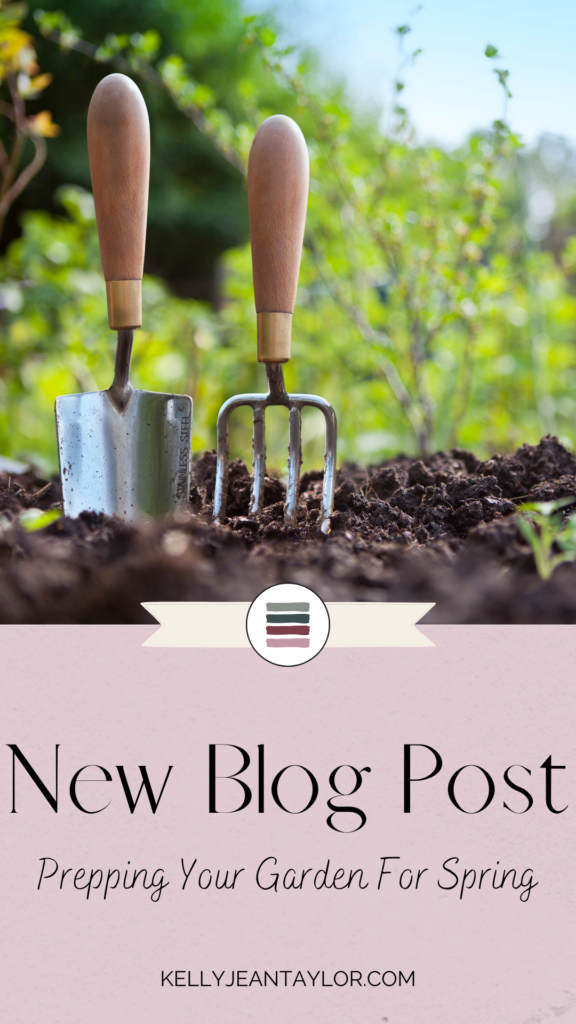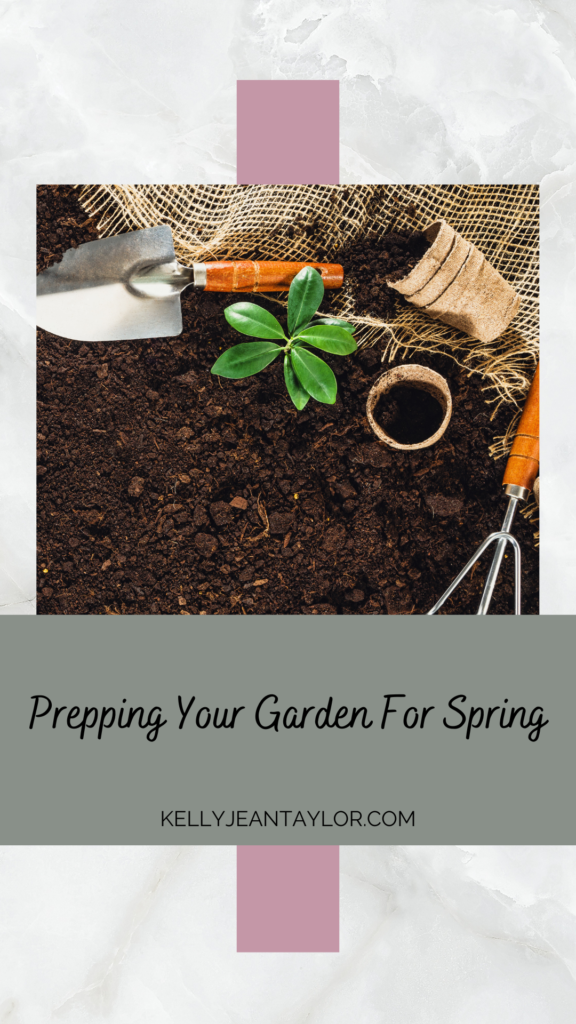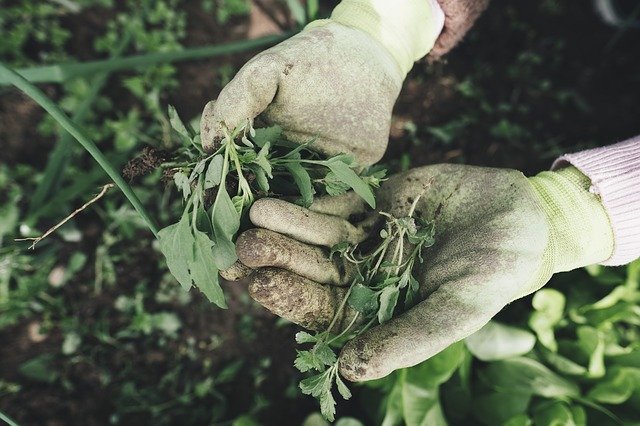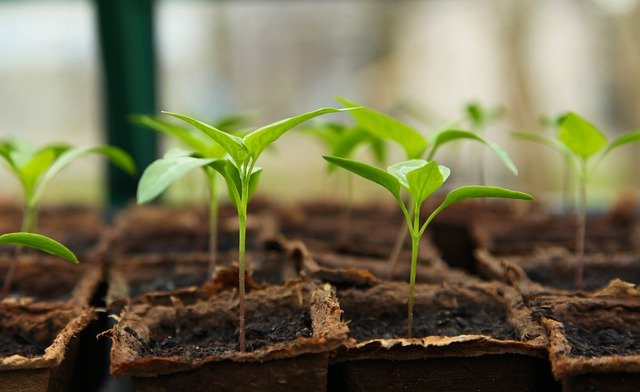
Prepping Your Garden for Spring
It’s that time of year again! When the ground begins to soften and the trees begin to turn green again. It’s time to start prepping your garden for Spring. Before you can enjoy your freshly grown garden, you need to some prepping to get your there. Here are some tips on prepping your garden.
Get Organized
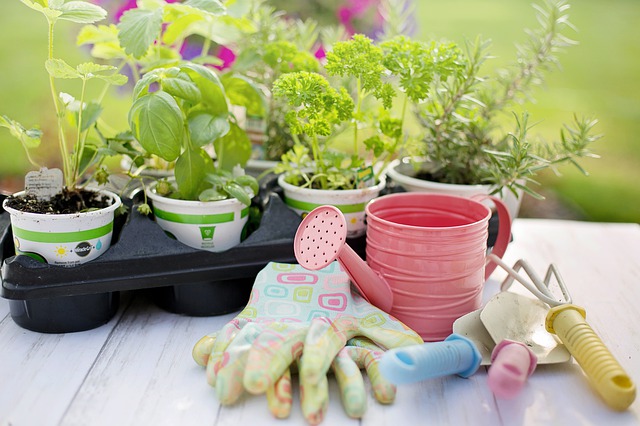
The first thing you need to do is make a list of tools and supplies you need to purchase. If you already have your tools, make sure they are clean and sharpened. Your supplies need to be purchased or replenished when they get to worn, rusted or broken. If you are using a specific mulch or fertilizer make sure you have enough for the whole garden. Trust me you don’t want to have to make multiple trips to the garden center when you don’t have too. You could make a planting calendar with supplies needed and times to plant certain vegetables, fruits and flowers.
Clear out weeds
Remove all the dead leaves, weeds and debris from your garden area to start with a nice clean slate for your plants. It’s like spring cleaning for your garden! You want to make sure you have everything removed and have just soil left to start. The good thing about pulling weeds is that you can put it in with your compost and use it to fertilize your garden after it’s done decomposing.
You can also do a raised bed garden, which can get expensive, but it doesn’t have to be. Here are some inexpensive raised bed ideas for you to try, if you want to go that route.
Pruning
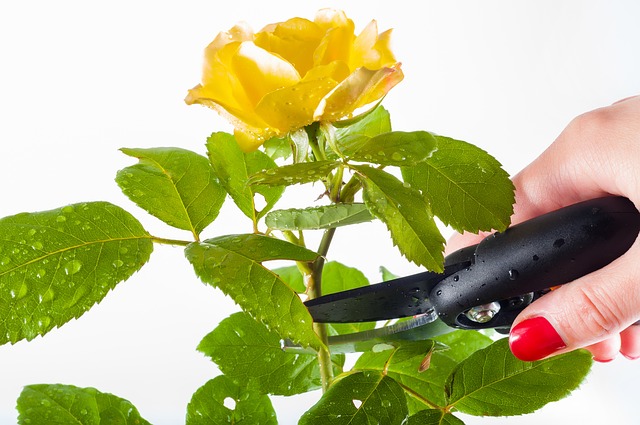
Old shrubs and trees could use a little pruning, especially if they are near where your garden is. You don’t want your trees and shrubs to over power your garden or keep it from the sunshine it needs. Pruning not only helps with your garden , but also with the trees and shrubs themselves. Getting rid of the broken, dying leaves and branches will help the rest of the plant grow stronger.
Prepare your Soil
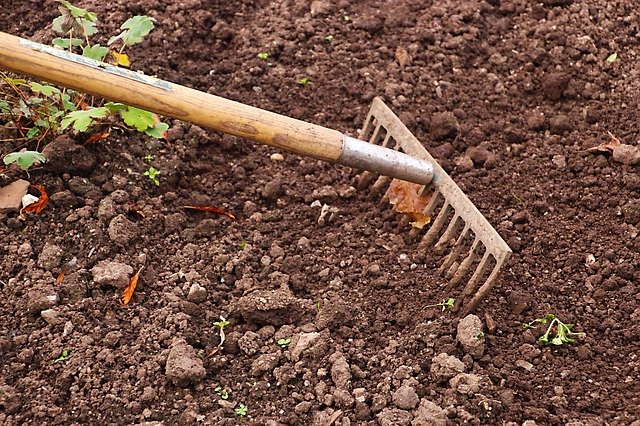
The ground becomes hard and compact over the winter season, so you will want to loosen the soil by turning it or tilling it. Make sure you have removed all the weeds and unnecessary plants before tilling the soil. Add your compost to the soil to help the soil get the nutrients it needs for plant growth. If you don’t have your own, you will want to find a good source of compost. Here are some easy compost ideas.
Plant Early
You should start planting your vegetables sooner rather than later. Considering that you can’t know when the last frost is, it it better if you plant you vegetables in pots inside and then transfer them after the last frost of the season. Starting your plants indoors is simple and easy. Just find a sunny spot to put your plants until they are ready to go outside, but don’t forget to water them.
Once you have transferred your plants to the ground soil, you can add your mulch. Mulch helps with weed control, if you get in on there before the weeds start to grow and provides certain nutrients for you plants.
Maintenance
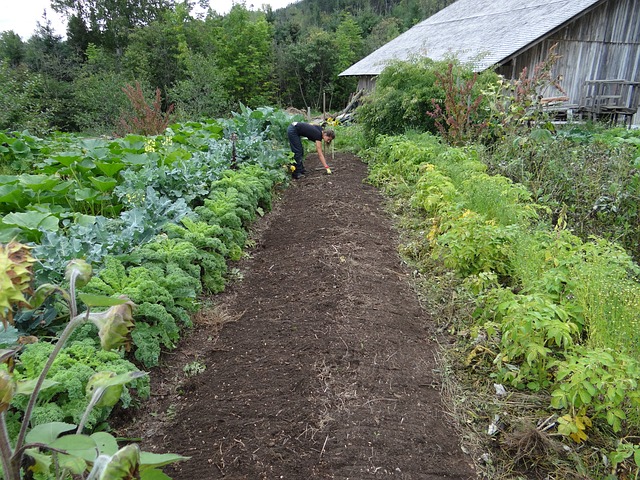
Gardens take a lot of maintenance, but it will be worth the hard work once your have your vegetables for your home cooked meals. Keeping your garden weed free, watered, and harvesting the vegetables can be a chore for some people, so the best thing for you to do is create a maintenance schedule. Plan the days you will weed, water and harvest your vegetables ahead of time and stick with that schedule. It will make your life so much easier.
Happy Gardening!
